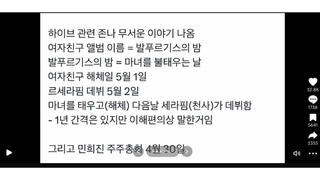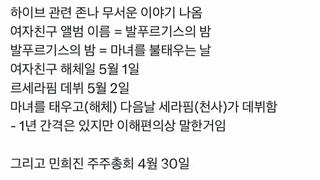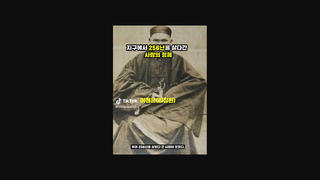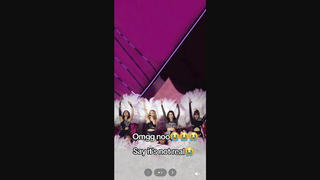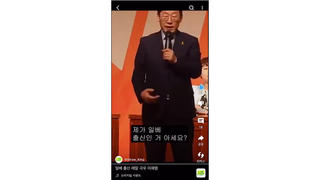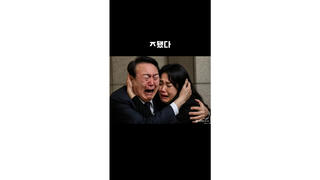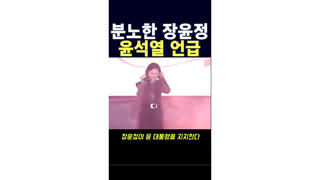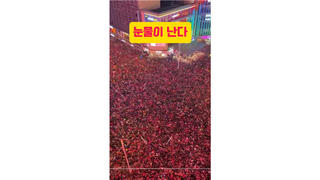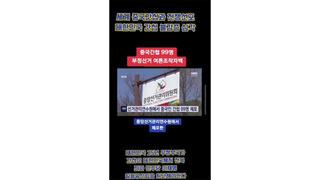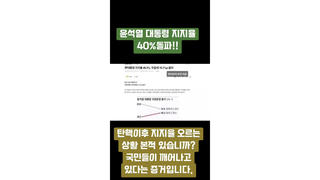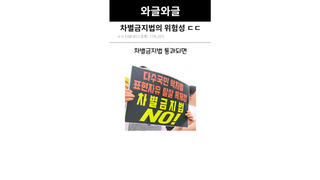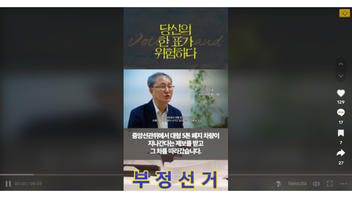
Does the National Election Commission (NEC) track voters using the QR code on the early voting ballots? No, that's not true: The QR code does not record any personal information on the voter, and cannot be used to determine how people vote.
The claim appeared in a video (archived here) published by @www.oung on TikTok, on December 10, 2023.
It stated, as translated from Korean to English by Lead Stories staff:
[...] The NEC tracked and found who voted on that ballot. Using only the QR code, they can track who voted, and who voted for whom; they confessed that they have violated the principle of the anonymous vote.
This is what the post looked like on TikTok at the time of writing:
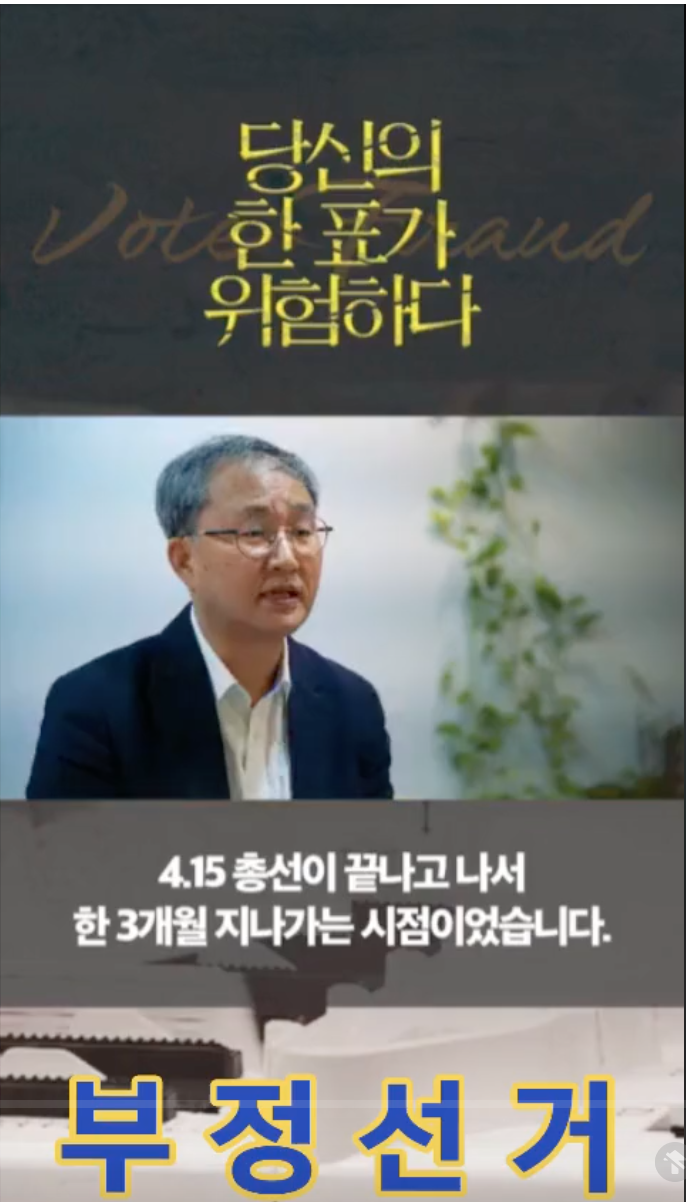
(Source: TikTok screenshot taken on Thu Dec 28 11:11:13 2023 UTC)
The TikTok video shows an excerpt taken from a 47-minute long 'documentary' film on YouTube (archived here), claiming that the 2020 parliamentary election was rigged by the liberal government. However, the NEC has denied it officially, issuing press releases, other official content, and a YouTube video (archived here, here, here, and here). Lead Stories debunked the claim that the 2020 parliamentary election in South Korea was rigged here.
In South Korea's early voting ballots, a QR code is printed on the lower right corner. Since early voters can vote in any designated polling place nationwide, QR codes are used to verify where the counted ballots should be added: in other words, which constituency the ballot belongs to. The QR code does not store any personal data or information on the voter.


